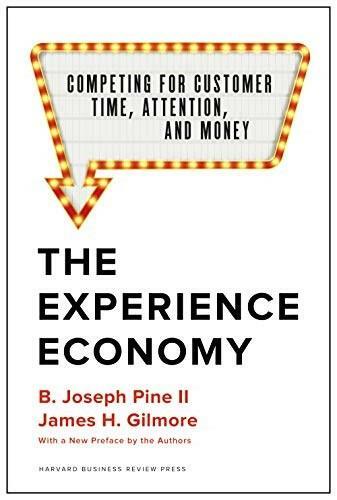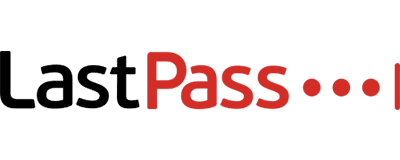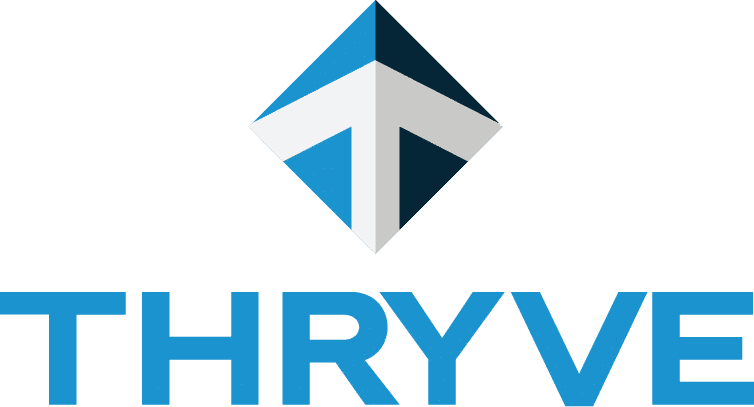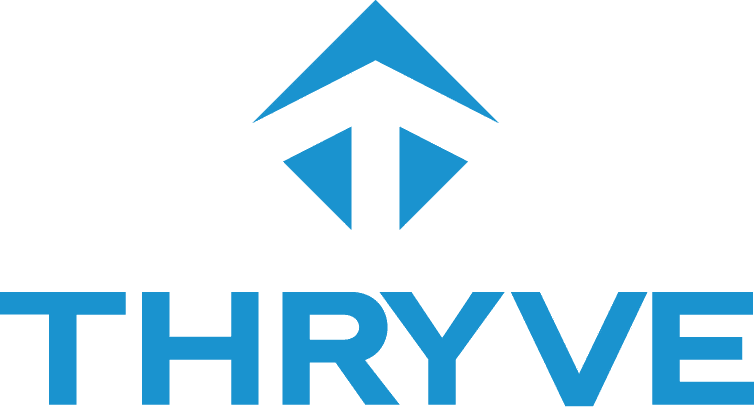Hi,
We are rolling right into the first accounting busy season here at Thryve. Let’s jump right in.
Lessons learned: Build trust
Trust is the basis for successful business relationships and a fundamental ingredient to any successful sale. Customers will only buy from you if they trust you. They will choose you over a competitor even for a higher price if they trust you.
How do you develop trust with new customers and prospects?
1) Deliver on your promise every time.
2) Take action to demonstrate you have their success as your priority. I will discuss this method more next month.
Your promise may be straight forward, such as delivering a service/product, of a certain quality, on a specific date at an agreed price. Your promise may be more subtle, such as your brand’s reputation as lowest cost, fastest delivery or excellence in customer service.
Building trust isn’t easy or fast.
You will face challenges to deliver on your promises. You should put in all the time, money and effort needed to deliver on those promises. It is worth losing money in the short term, if your customers know you will deliver for them. There are always good excuses. Customers aren’t interested in excuses. They want results.
You should only promise what you can deliver. Manage customer expectations up front. Be ready to turn away business if you can’t deliver at the quality and speed consistent with your reputation. Don’t take on new customers if you can’t keep up the high level of service your existing customers expect. They took the leap with you first and deserve respect for that decision.
Book: The Experience Economy by B. Joseph Pine

Although originally written in 1999, this book contains fundamental principles valuable to all of us today. The author notes how many industries have moved up the value chain over the last decades from selling product/services to orchestrating experiences. Customers are looking for businesses to offer mass customized experiences that help to transform their life.
Questions for you to ponder:
- What fundamental emotional need is your customer satisfying buying your product/service? Can you adjust your product/service into an experience for the customer to satisfy that need?
- When is the last time you mapped out your customer’s journey through your business’ touchpoints (both in-person and digital)?
- How did you decide on your current price for your product or service? Do you charge explicitly for the different levels of experience you are providing?
Technology as a tool: Lastpass

I hate remembering passwords: especially dozens of them. Lastpass to the rescue. Lastpass remembers my passwords for me. Thank you to Jeff Hexter (https://www.linkedin.com/in/jeffhexter/) for suggesting this one to me when I started my business.
Lastpass stores your passwords in a digital vault. The app auto populates your entry credentials for websites you have visited to allow you to save time and frustration. Using Lastpass with my employees permits me to turn off their access to all of my apps at one time with a click of a button if they leave the company. Other features I like about this app: company wide password policies, shared folders and customized permissions.
Toby Kaye
Founder and CEO, Thryve Group

